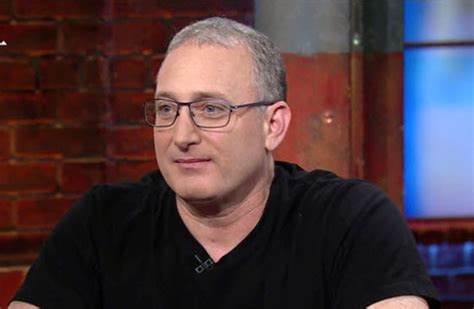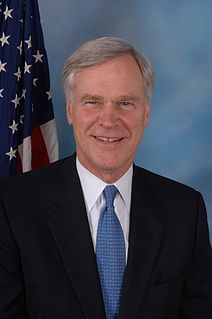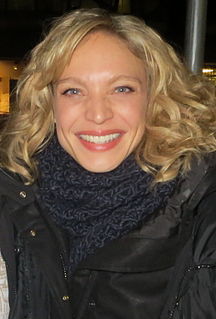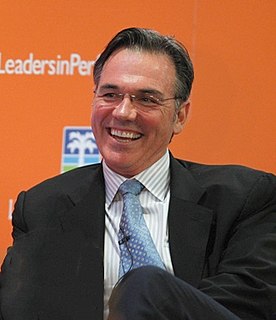A Quote by Noam Bardin
Basically we've taken our data and packaged it for TV station, and in return, they use us on air, and we get distribution.
Related Quotes
Scientific data are not taken for museum purposes; they are taken as a basis for doing something. If nothing is to be done with the data, then there is no use in collecting any. The ultimate purpose of taking data is to provide a basis for action or a recommendation for action. The step intermediate between the collection of data and the action is prediction.
Basically, if you want to have a computer system that could pass the Turing test, it as a machine is going to have to be able to self-reference and use its own experience and the sense data that it's taking in to basically create its own understanding of the world and use that as a reference point for all new sense data that's coming in to it.
America was the funder of petro-dictatorships. We treated all these countries as basically big, large gas stations: Libya station, Iraq station, Iran station, Egypt station, Syria station, and all we asked of them were three things: Keep your palms open, your prices low and don't bother Israel too much, and you can do whatever you want to your own people.
We try to use obvious Canadian touches whenever we can, and I'm really proud of the way we use Vancouver for its production value. Nobody is pretending that we're not shooting in Canada, which is really important to me. The other wonderful thing is that ABC has bought us, but they air us after CTV has had the full season air on Canadian television. That's another thing that I think is really a nod towards the importance of us acknowledging our own industry.
Radio astronomy reflects our fascination with how audio can be used to understand information or ideas. Just as scientists visualize data through charts and pictures, we can use 'data sonification' to translate radio signals into sound that help us better understand some of our most enigmatic planetary systems.
In arriving at the relevant theory about the specifics of our faculty of vision we will presumably use our eyes to gather relevant data. Based on such data we come to know about the optic nerve, the structure of our eyes, the rods and cones, etc., so as to explain how it is that vision gives us reliable access to the shapes and colors of objects around us. In reliably arriving at that theory we thus exercise the very faculty whose reliability is explained by the theory. There is no vice in this sort of circularity.
I think the irony of modern life is that our data, our highly personal information, has been taken from us, but in many cases it was given away freely by us. We willfully, consciously or unconsciously, acquiesced and gave it away for a new app, you know? For the products that we have. We didn't read the fine print, or don't even really care and didn't really check to see if we could opt out. No one had to steal it from us.
I feel like if we can use the combination of basically data-driven hunches and bet on really first-class talent to deliver the shows, that I think we could do as well as the networks do, who basically have a 75 to 80 percent failure rate for new shows anyway - even after all that development and pilot work.
































